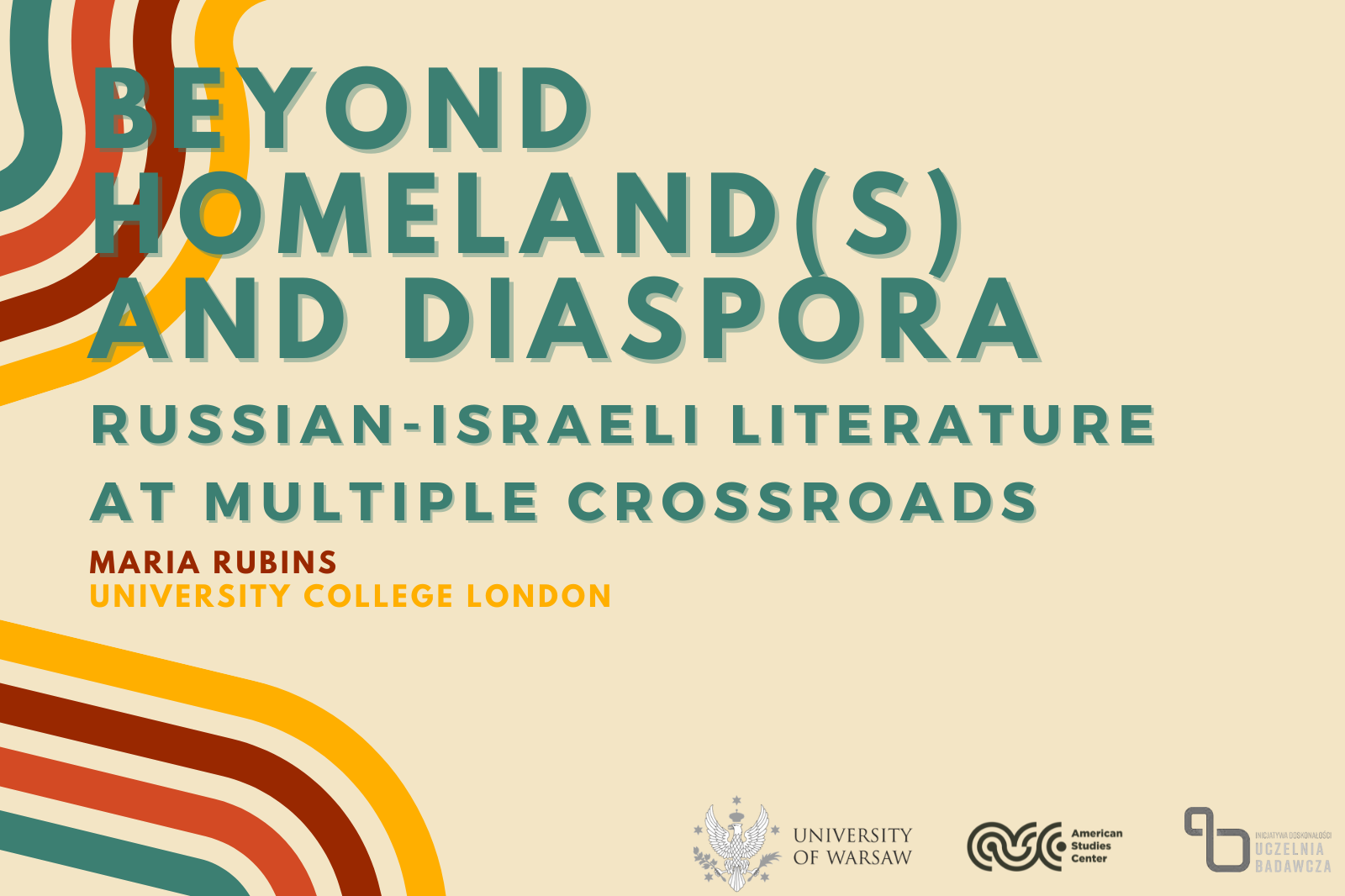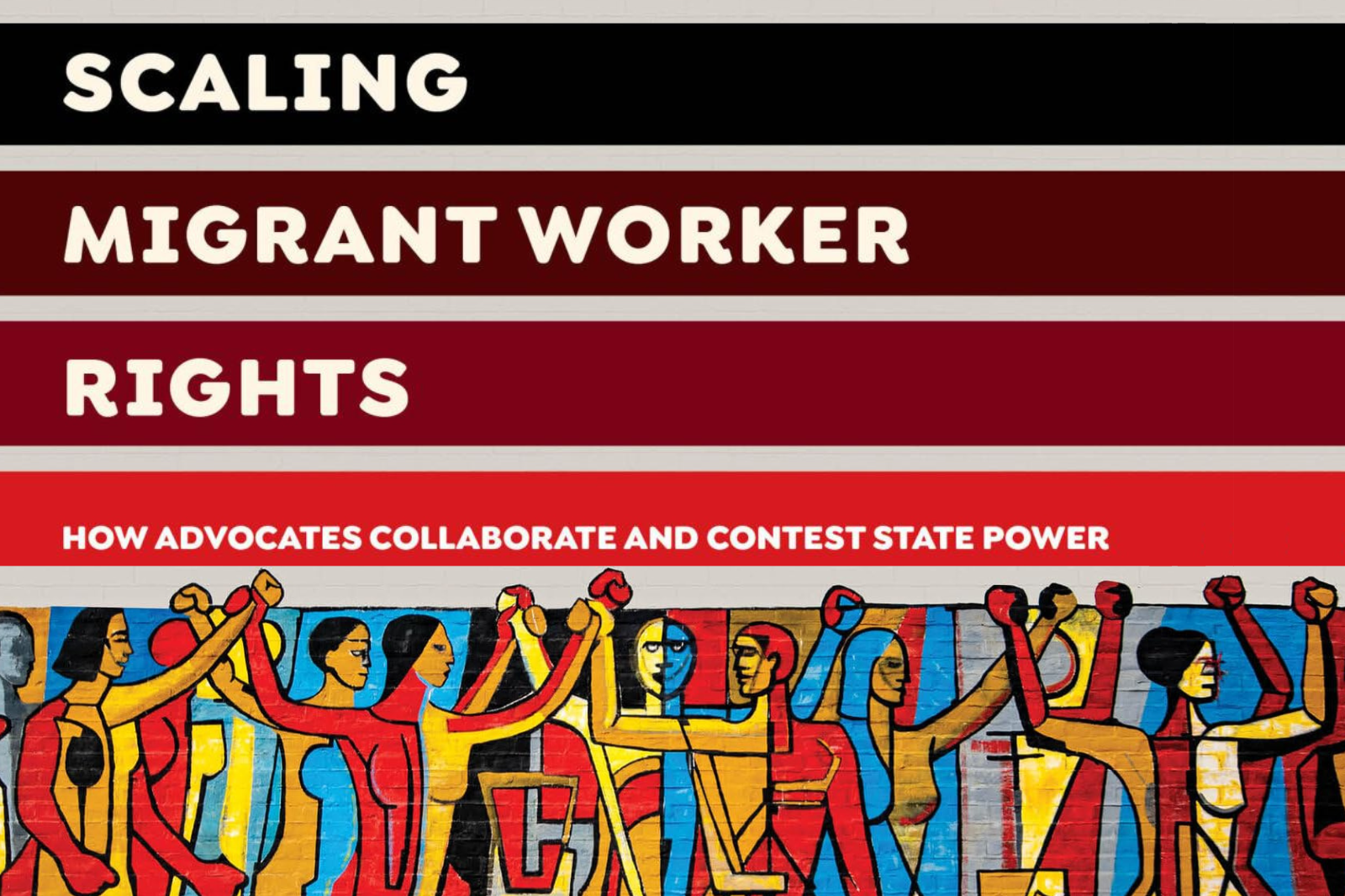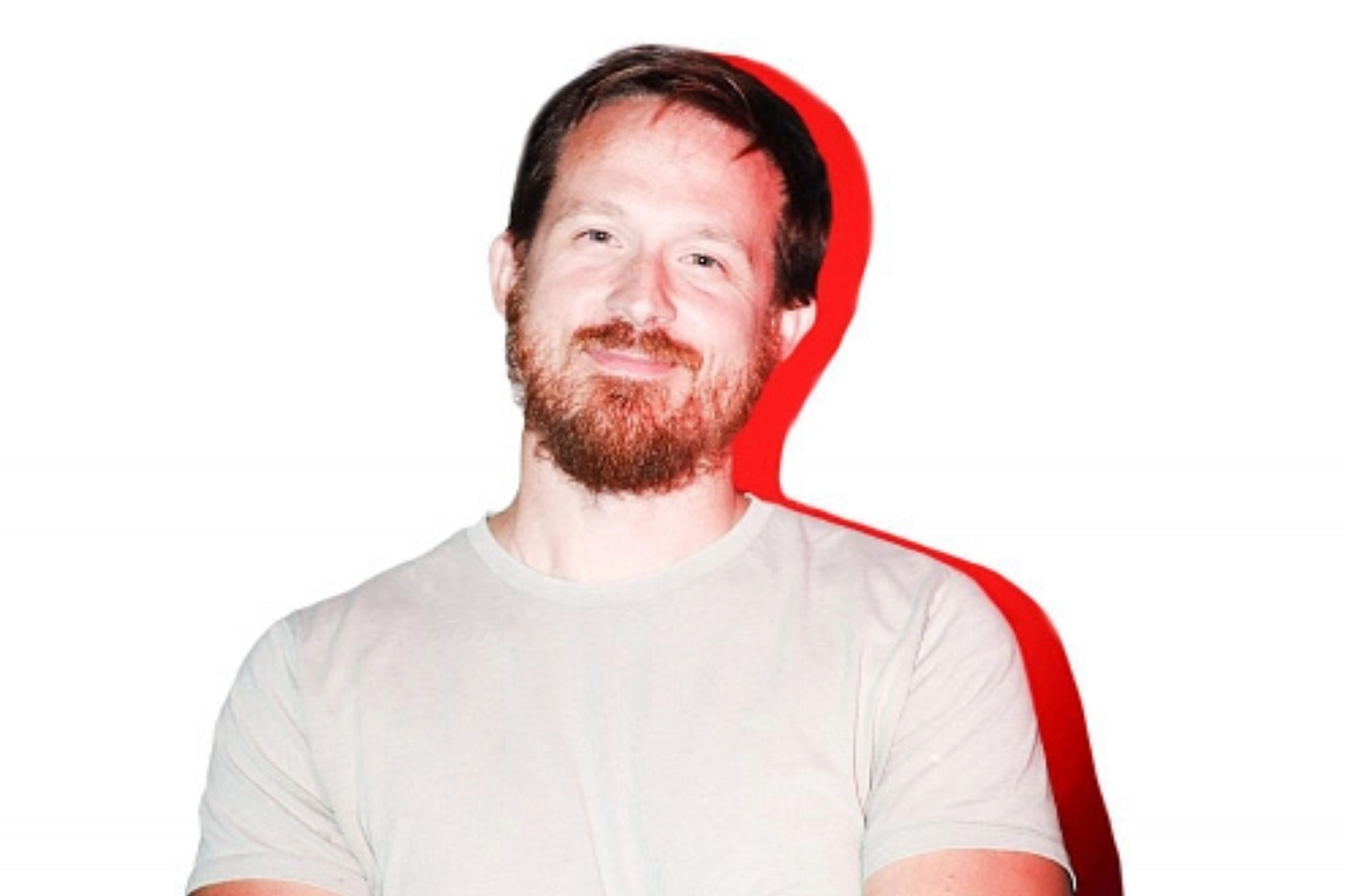We are delighted to invite you to the double talk “Entertainment Media and Politics” with our special guest Professor Philip Habel (Professor and Department Chair at University of South Alabama, 2023-2024 U.S. Fulbright Distinguished Scholar at Maria Curie-Skłodowska University) and Professor Stephen Farnsworth (University of Mary Washington, U.S. Fulbright Distinguished Scholar at American Studies Center, UW.) The participants will present their recent and current research on politics in late night comedy shows, movies, and video games.
Monday, 13 May, 2024
4:45PM
Attendance is worth 3 OZN points.
Where?
Dobra 55, room 3.110
(the building features some mobility accommodations: ramp and lift)
Who?
Philip Habel – Professor and Chair of the Department of Political Science & Criminal Justice at the University of South Alabama, and during his 2023-24 sabbatical period, he is U.S. Fulbright Distinguished Scholar and appointed University Professor at Maria Curie-Skłodowska University. Professor Habel has published research in political communication and public opinion, computational social science, research methods, and other fields. His current projects include the relationship between media consumption and conspiracy beliefs, and explorations of political images in digital games.
Stephen Farnsworth – professor of Political Science and director of the University’s Center for Leadership and Media Studies at the University of Mary Washington. He authored or co-authored nine books dedicated to the presidency and communication. In the Spring 2024, Prof. Farnsworth is the U.S. Fulbright Distinguished Scholar at the American Studies Center.




